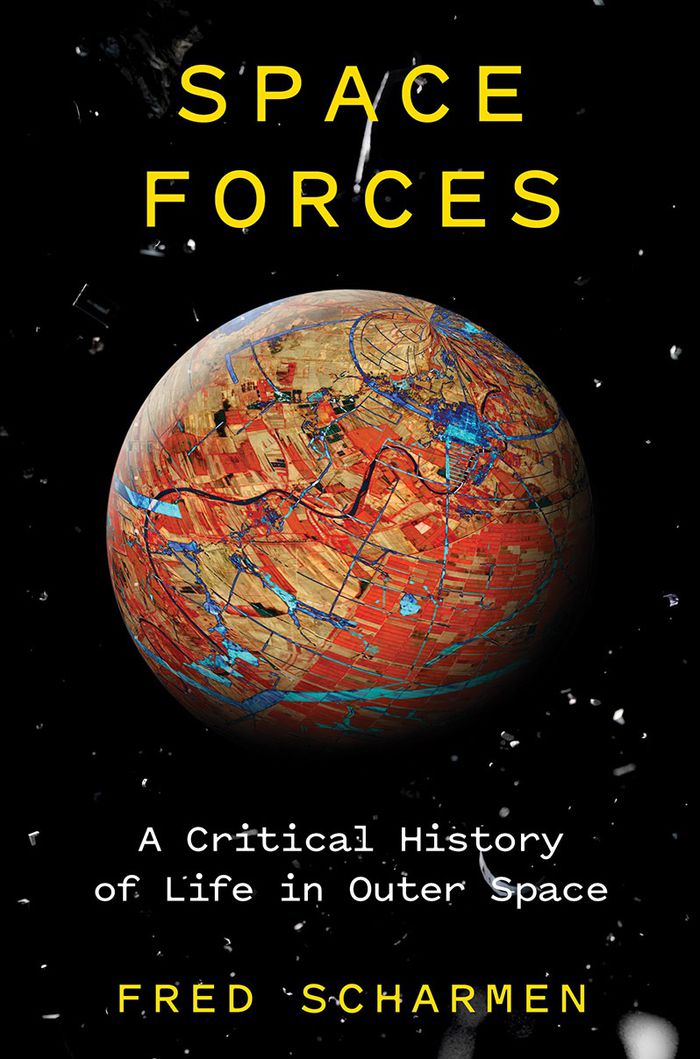Space settlements
$29.95
(disponible sur commande)
Résumé:
In the summer of 1975, NASA brought together a team of physicists, engineers, and space scientists—along with architects, urban planners, and artists—to design large-scale space habitats for millions of people. This Summer Study was led by Princeton physicist Gerard O’Neill, whose work on this topic had previously been funded by countercultural icon Stewart Brand’s Point(...)
Space settlements
Actions:
Prix:
$29.95
(disponible sur commande)
Résumé:
In the summer of 1975, NASA brought together a team of physicists, engineers, and space scientists—along with architects, urban planners, and artists—to design large-scale space habitats for millions of people. This Summer Study was led by Princeton physicist Gerard O’Neill, whose work on this topic had previously been funded by countercultural icon Stewart Brand’s Point Foundation. Two painters, the artist and architect Rick Guidice and the planetary science illustrator Don Davis, created renderings for the project that would be widely circulated over the next years and decades and even included in testimony before a Congressional subcommittee. A product of its time, this work is nevertheless relevant to contemporary modes of thinking about architecture. ''Space Settlements'' examines these plans for life in space as serious architectural and spatial proposals.
$35.95
(disponible en magasin)
Résumé:
Many societies have imagined going to live in space. What they want to do once they get up there—whether conquering the unknown, establishing space ''colonies,'' privatising the moon’s resources—reveals more than expected. In this fascinating radical history of space exploration, Fred Scharmen shows that often science and fiction have combined in the imagined dreams of(...)
Space forces: a critical history of life in outer space
Actions:
Prix:
$35.95
(disponible en magasin)
Résumé:
Many societies have imagined going to live in space. What they want to do once they get up there—whether conquering the unknown, establishing space ''colonies,'' privatising the moon’s resources—reveals more than expected. In this fascinating radical history of space exploration, Fred Scharmen shows that often science and fiction have combined in the imagined dreams of life in outer space, but these visions have real implications for life back on earth. For the Russian Cosmists of the 1890s space was a place to pursue human perfection away from the Earth. For others, such as Wernher Von Braun, it was an engineering task that combined, in the Space Race, the Cold War, and during World War II, with destructive geopolitics. Arthur C. Clarke, in his speculative books, offered an alternative vision of wonder that is indifferent to human interaction. Meanwhile NASA planned and managed the space station like an earthbound corporation. Today, the market has arrived into outer space and exploration is the plaything of superrich technology billionaires, who plan to privatise the mineral wealth for themselves. Are other worlds really possible? Bringing these figures and ideas together reveals a completely different story of our relationship with outer space, as well as the dangers of our current direction of extractive capitalism and colonisation.
Théorie de l’architecture

